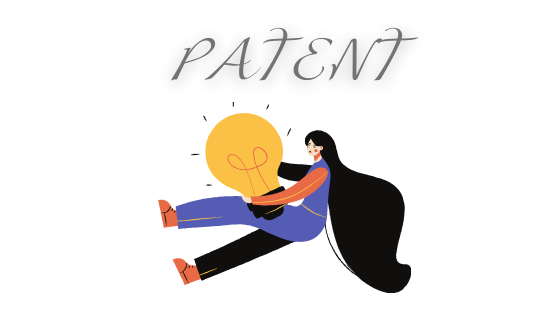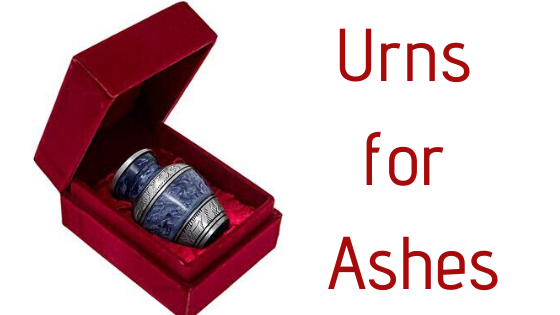Sometimes a Patent Holder is not interested in practicing the invention himself/herself but is interested in making money by charging a fee in exchange for allowing someone else to practice the invention.
Under a License agreement, the Patent Holder (called a Licensor) permits an individual or company interested in the technology (called a Licensee) rights to the invention in exchange for a fee (called a Royalty). Importantly, the Licensor retains ownership of the invention. Licenses can be crafted in a variety of ways with a variety of payment schedules. Payments may be a single flat fee, a percentage of sales or any creative arrangement agreed upon by the parties as explained by Invent Help.

Licenses can be drafted using a variety of terms. The following are the most common types of licenses:
An Exclusive License is an agreement where the Licensor (or Patent Holder) agrees not to license the Patent to anyone except the Licensee.
A Non-Exclusive License an agreement where the Licensor (or Patent Holder) permits the Licensee to practice the invention BUT the Licensor (or Patent Holder) is also permitted to license the invention to others. There are helpful videos for inventors on Youtube where you can learn more.


